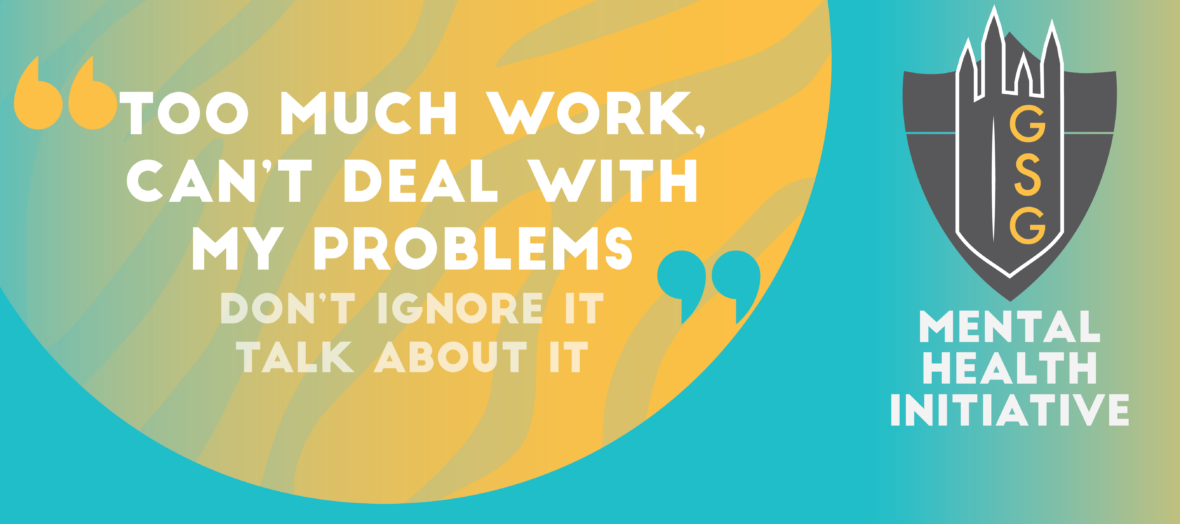
Living through this pandemic has taught me a lot about grief. When I hear the words “loss” and “grieving,” I typically think of the anguish that follows the death of a loved one. While I have experienced this particular kind of pain in the past, I am extremely grateful that I have not encountered it recently; I am thankful that COVID did not take anyone from me.
So then, I ask myself, why am I so upset? How dare I slump around my apartment languishing, when I am so, so lucky?
We have now been sitting with this pandemic for well over a year. It feels ridiculous at this point to keep using COVID as an “excuse” to justify my difficulty focusing on my research, my undeniable short term memory loss, and my general underlying feeling of malaise. We can excuse these things as a normal grief response in the weeks following the death of a loved one, but what do we do when the grief isn’t the result of an isolated event? When it’s just a moderate daily onslaught buzzing in the background?
The grief I have experienced from the pandemic is a “death by a thousand cuts” kind of grief. Each loss on its own doesn’t seem so bad, just a minor inconvenience. But all together, it is substantial. I am grieving all of the dinner parties and game nights I would have hosted at my apartment. I am grieving the loss of a year and a half worth of birthday celebrations with friends.
I am grieving missed champagne toasts at the end of dissertation defenses. I am grieving the loss of two family vacations that were cancelled. I am grieving for all the photos that would have been taken throughout this time in my life that I will never have to look back on in the years to come. I am grieving the way I used to feel when I would go for a walk or take a trip to the store. I hate knowing that every time I am in a public place, strangers around me see me as a potential threat, a possible vector, someone who must be avoided. It’s only natural, and I certainly don’t blame them—they don’t know I am vaccinated and regularly getting tested—but it hurts to know that even while wearing a mask and keeping my 6-foot distance, just my existence alone is a nuisance to those around me. We see strangers as faceless obstacles, not people. We judge each other and feel self righteous about our own responses to the pandemic. There’s a pervasive ugliness growing in society in how we interact with and view each other.
When the pandemic first started, I made a plan. I would stick to a regular schedule, go for a run in the mornings, cook elaborate meals, keep busy with research, Zoom with friends and family, and check in with loved ones. I would cherish the time I had for introspection and personal growth. The lockdown would be temporary and I would get through it. My plan and self motivation worked for a while. But it’s been so long, and I am so tired.
I am tired of the phrase “the new normal.” What we are experiencing is certainly not normal, and yet I am losing hope that “normal” is even a place we can return to at this point. What if things will never go back to they way they were? What if the “pre-COVID era” will just be another bygone historical period for nostalgic rumination, something to remember and keep on a shelf like photos from undergrad or songs we used to love when we were kids? How long can we keep this up? What will the long-term effects be for our mental health and our ability to empathize with others?
While my general feeling right now is admittedly bleak, I am also proud of myself for pushing through all this time. It helped to actually name the feeling as grief. Knowing that I am grieving and that it is normal to be grieving, I can accept that it is ok sometimes to just get through the day, one day at a time. I don’t have to function as if everything is normal, because it is not. What I (and everyone else) am experiencing right now is a genuine, substantial loss. I am holding onto hope that some day strangers will have faces again.
